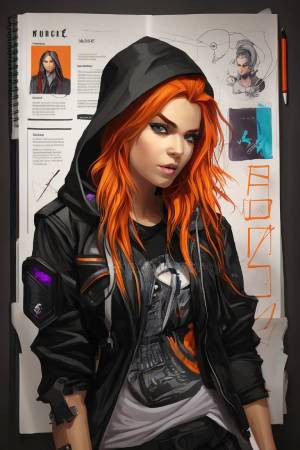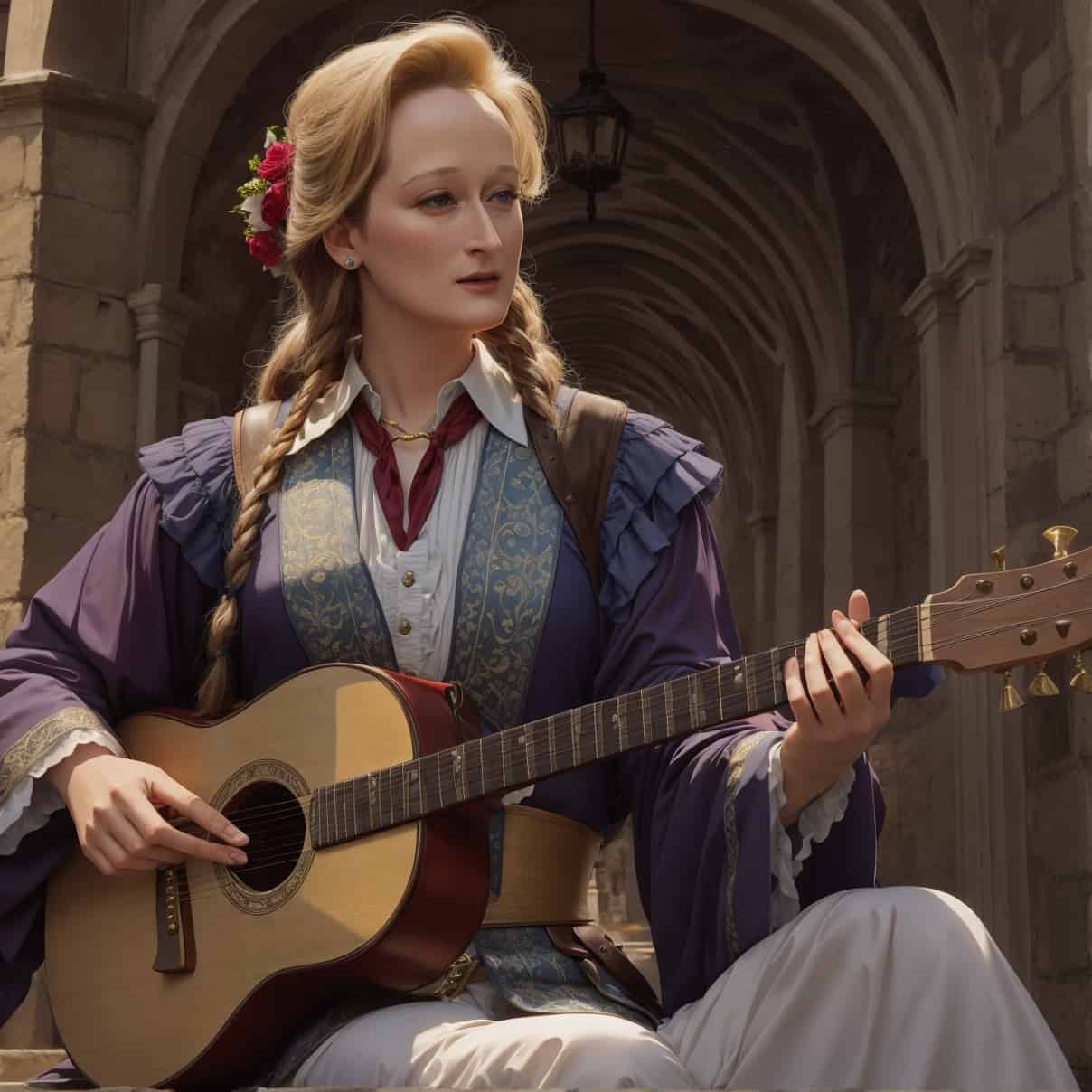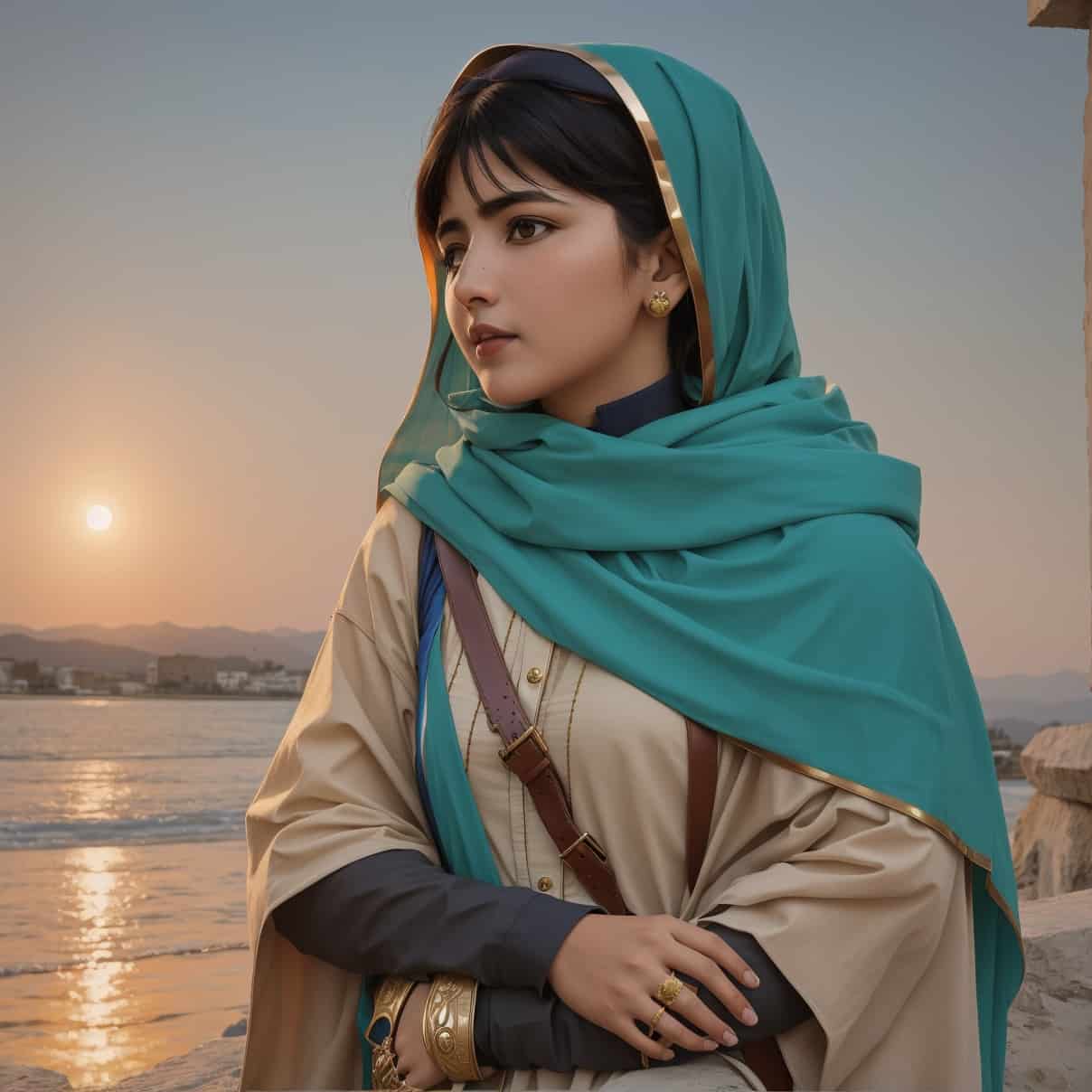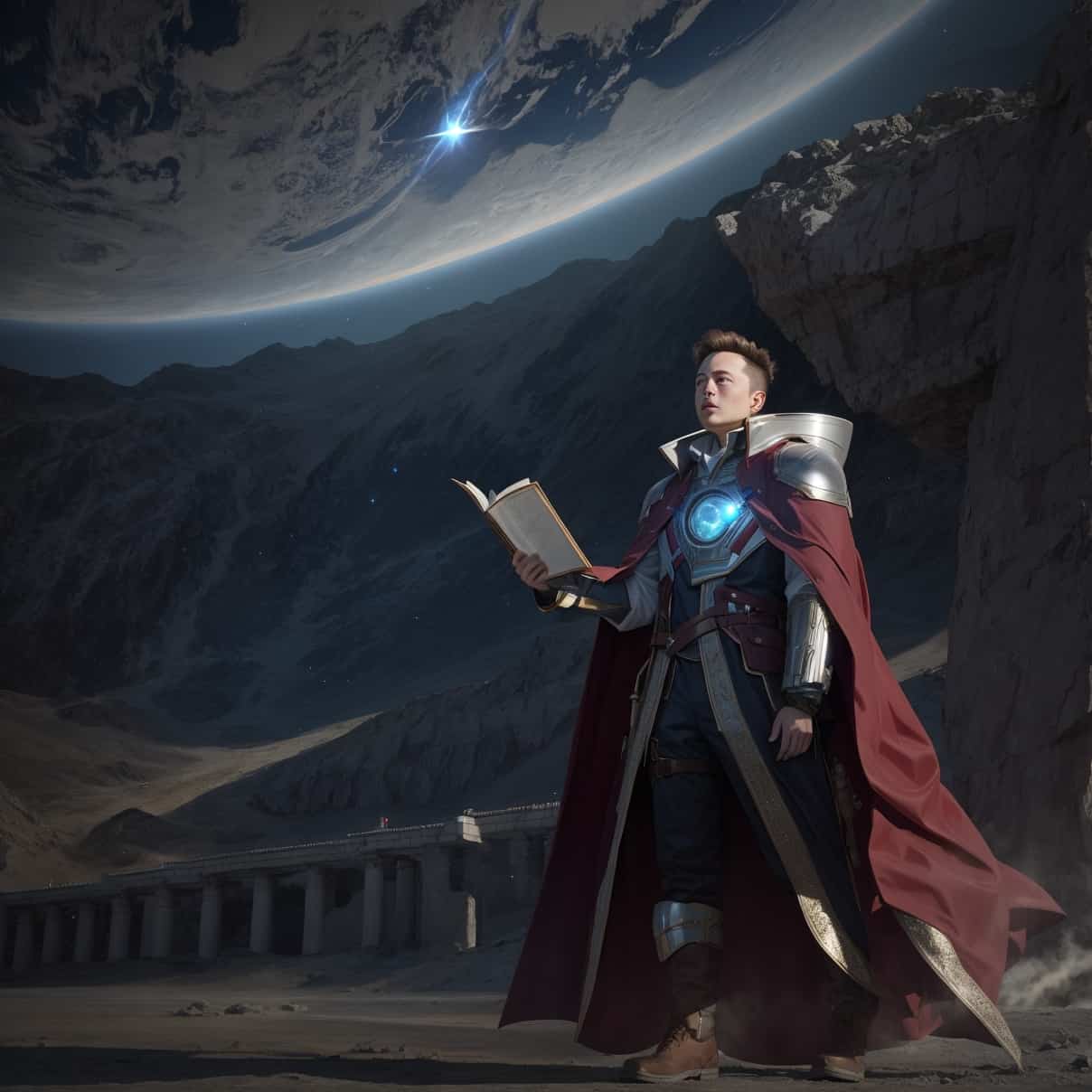Have you ever lost yourself in the grand tapestries of a role-playing game (RPG), drawn not just to the expansive worlds and epic quests, but also to the intricate classes and roles offered? If you’ve ever felt a profound connection to a particular RPG class, you’re not alone. Tapping into these archetypes can be more than just an escape into fantasy; they can be a transformative tool for empowerment in our careers and broader lives.
What is an RPG Class, and Why Does It Matter?

At the core of many Role Playing Games (RPGs) are classes: predefined roles that characters take on, each with unique skills, strengths, and personalities. From wizards and warriors to rogues and rangers, to name a few, classes offer different ways of interacting with the game world.
Aligning with an RPG class is about recognizing and embracing our strengths and passions. It helps you see which game role feels most like “you”, and knowing what abilties to level up for challenges in the Real-World.
When you choose a warrior, you’re tapping into your inner courage and leadership. Opting for a rogue might mean you value cunning, strategy, and a bit of unpredictability. By stepping into these roles, you’re delving deep into a process of self-discovery. This can lead to profound realizations about one’s capabilities and aspirations. As you navigate the challenges within the game, you’re also indirectly learning about your own resilience, adaptability, and areas of growth. It’s no wonder that many RPG enthusiasts often find parallels between their favorite in-game class and their real-world pursuits, channeling that same energy and zeal in both realms.
Also, think about sometimes just taking on a specific role for when it fits the situation.
Harnessing the Power of Your Inner RPG Class
Just as game characters have unique skills and traits that determine their roles in adventures, we too have innate abilities that shape our journeys in the real world. Recognizing and embracing these parallels can offer valuable insights into our personalities, guiding us in various spheres of life. Here’s how harnessing the power of your inner RPG class can profoundly impact your life:
- Self-awareness and Identity
Understanding your alignment with a particular class helps crystallize your strengths and preferences. A rogue-type might recognize their aptitude for strategy and adaptability, while a cleric-type could see their natural inclination towards helping and healing others.
- Career Advancement
By channeling the strengths of your chosen class, you can better position yourself in your career. Fighters might excel in leadership roles, bards in creative fields, and wizards in research and academia.
- Personal Growth
Beyond career, the confidence gained from identifying with a class can empower personal endeavors. A paladin’s sense of justice might drive them to community service, while a druid’s connection to nature might inspire them to environmental activism.
- Social and Emotional Skills
RPG classes also encompass a range of social and emotional characteristics. Sorcerers, with their innate abilities, might be more in tune with their intuition, and monks might find a deep connection with mindfulness practices.
Real-Life Success Stories
Consider the tech innovator who sees herself as a sorcerer, harnessing innate talents to disrupt industries. Or the investigative journalist who channels his inner rogue, uncovering secrets and revealing truths. Across various fields, individuals have tapped into the power of their inner RPG class to lead more fulfilling lives and make significant impacts.
Here are some hypothetical real-world examples:
- Steve Jobs as the Sorcerer: Jobs had an innate ability to envision and manifest innovative products that transformed industries. Like a sorcerer, he channeled inner power to produce magic (in this case, groundbreaking technology).
 Meryl Streep as the Bard: With an unparalleled ability to take on diverse roles and captivate audiences, Streep can be seen as a bard. She tells stories through her art and crafts narratives that touch the heart and soul.
Meryl Streep as the Bard: With an unparalleled ability to take on diverse roles and captivate audiences, Streep can be seen as a bard. She tells stories through her art and crafts narratives that touch the heart and soul.
- Jane Goodall as the Druid: Goodall’s passion for nature, particularly chimpanzees, and her efforts to understand and preserve it mirrors the traits of a druid who is deeply connected to nature.
 Malala Yousafzai as the Paladin: Driven by a profound sense of justice and the quest to defend the defenseless, Malala’s fight for girls’ education can be likened to a paladin’s quest for righteousness.
Malala Yousafzai as the Paladin: Driven by a profound sense of justice and the quest to defend the defenseless, Malala’s fight for girls’ education can be likened to a paladin’s quest for righteousness.
- Nelson Mandela as the Cleric: His healing touch to a nation riddled with the scars of apartheid, his guidance, and his ability to rally people towards a brighter future resonate with the nurturing and leading spirit of a cleric.
 Elon Musk as the Wizard: Much like a wizard who dives deep into ancient scrolls to create spells, Musk delves into science and innovation to bring forth ventures like Tesla, SpaceX, and Neuralink.
Elon Musk as the Wizard: Much like a wizard who dives deep into ancient scrolls to create spells, Musk delves into science and innovation to bring forth ventures like Tesla, SpaceX, and Neuralink.
- David Attenborough as the Ranger: With his deep connection to the natural world and a lifetime spent exploring its intricacies, Attenborough embodies the traits of a ranger.
- Tony Robbins as the Monk: Through his self-help seminars and teachings, Robbins focuses on the balance of mind, body, and spirit, much like the centered approach of a monk.
It’s essential to approach these comparisons with a playful spirit.
Finding Your Class Alignment
If you’re curious about finding your RPG class alignment, start by asking:
- What are my core strengths?
- In challenging situations, how do I typically react?
- What roles do I naturally take on in group settings?
Reflect on these questions, or even dive into an RPG, observing which class you naturally gravitate towards. Remember, it’s less about fitting into a box and more about understanding and harnessing your unique qualities.
Find out more about “Which Classic RPG Role Defines You?“.
The Intersection of RPG Classes and Modern Careers
Just as a cleric finds fulfillment in healing, today’s healthcare professionals bring comfort and cure. Similarly, while a rogue masterfully unravels secrets, investigative journalists dig deep to uncover truths. This playful alignment serves as a unique lens, connecting the fantasy worlds we adore to the tangible pathways of our modern society.
- Barbarian 🪓
Modern Career: Professional Athlete or Fitness Trainer
Just as barbarians draw upon raw power and adrenaline, these individuals use their physical prowess daily, pushing the boundaries of the human body.
- Bard 🎶
Modern Career: Musician, Performer, or Public Relations Specialist
Bards captivate audiences with tales and tunes. Similarly, these professionals weave narratives or perform to engage audiences.
- Cleric ✨
Modern Career: Doctor, Nurse, or Therapist
Healing and aiding others, clerics provide solace and care. Medical and therapy professionals serve a similar role in our society.
- Druid 🍃
Modern Career: Environmentalist or Wildlife Conservationist
As guardians of nature, druids would align closely with those fighting for environmental causes and the well-being of animals.
- Fighter 🛡️
Modern Career: Police Officer or Military Personnel
Just as fighters are trained in combat and tactics, these individuals stand at the frontline defending and upholding laws.
- Monk 🌀
Modern Career: Yoga Instructor or Meditation Guru
Monks master the balance of mind, body, and soul. Professionals in mindfulness and body wellness encapsulate this harmony.
- Paladin ⚔️
Modern Career: Human Rights Activist or Lawyer
Paladins defend the weak and uphold justice. These careers fight for truth, justice, and the rights of the marginalized.
- Ranger 🏹
Modern Career: Park Ranger or Explorer
Rangers thrive in nature, guiding and guarding. Modern rangers and explorers venture into the wild, ensuring its safety and studying its wonders.
- Rogue 🖤
Modern Career: Investigative Journalist or Private Investigator
Stealthy and resourceful, rogues uncover secrets. Journalists and PIs, too, delve into mysteries, bringing the hidden to light.
- Sorcerer 💥
Modern Career: Innovator or Tech Start-Up Founder
Drawing from an innate talent, sorcerers channel powerful magic. Innovators, similarly, harness their inherent skills and ideas to create and disrupt.
- Warlock 🔮
Modern Career: Research Scientist or Philosopher
Warlocks acquire knowledge and power through deals and pacts. Scientists and philosophers seek knowledge, pushing boundaries of understanding.
- Wizard 📜
Modern Career: Academic Professor or Data Scientist
Wizards study tomes and scrolls to master spells. Professors and data scientists delve deep into their subjects, analyzing patterns and teaching others.
Remember, these interpretations are playful and imaginative, and any career can be suited to many personalities and attributes.
Final Thought
The worlds of RPGs offer more than just entertainment; they provide a mirror to our souls, reflecting our strengths, dreams, and potential. As you embark on your real-world quests, embrace your inner RPG class. Let it empower your journey, guiding you towards fulfilling your destiny in both your career and life. After all, in the game of life, we are all both players and creators of our narrative.
Which Classic RPG Role Defines You?
These questions help pinpoint your primary and secondary classes, offering insight that empowers you to refine and leverage your strengths in the real world.
1. When attending a party, you’re most likely to?
- Engage in a lively debate or share stories.
Bard: Entertainers who thrive on interaction.
- Keep to the sidelines, observing the surroundings and guests.
Rogue: Stealthy observers, always aware.
- Ensure everyone feels welcome and cared for.
Cleric: Healers with a nurturing spirit.
- Challenge someone to a friendly physical competition.
Barbarian: Lovers of challenges and feats of strength.
2. Your idea of a perfect day involves?
- Studying or researching a topic you love.
Wizard: Scholars with a thirst for knowledge.
- Taking a long walk in nature.
Druid: Protectors and lovers of nature.
- Assisting at a community service or charity event.
Paladin: Champions of justice and virtue.
- Practicing meditation or martial arts.
Monk: Seekers of inner peace and discipline.
3. Your preferred method of conflict resolution is?
- Diplomacy and discussion.
Bard: Skilled in persuasion.
- Direct confrontation.
Fighter: Facing challenges head-on.
- Mediation and seeking balance.
Monk: Advocates of harmony.
- Strategic planning and subtlety.
Rogue: Calculated and cunning.
4. In a group project, you?
- Take the leadership role.
Fighter: Natural leaders and protectors.
- Ensure the group’s energy and morale stays high.
Bard: Motivators with charisma.
- Offer support and healing when tensions arise.
Cleric: Spiritual guides and nurturers.
- Handle tasks involving nature or the environment.
Druid: Nature-oriented and holistic.
5. When faced with a big challenge, your first instinct is to?
- Use brute force or direct action.
Barbarian: Direct and unyielding.
- Rely on your faith or spiritual beliefs.
Cleric: Grounded in faith and spirituality.
- Harness your deep knowledge and learned skills.
Wizard: Scholars with a vast reservoir of knowledge.
- Seek guidance from a mentor or higher power.
Warlock: Forming pacts and seeking external aid.
6. Which best describes your approach to work or tasks?
- Thorough research and a systematic approach.
Wizard: Methodical and research-driven.
- Innate talent and improvisation.
Sorcerer: Relying on natural talents.
- Physical strength and endurance.
Barbarian: Using brute strength to overcome obstacles.
- Intuition and charm.
Bard: Leveraging charisma and wit.
7. Your favorite recreational activities are?
- Nature hikes or wildlife observation.
Ranger: Explorers at heart with a deep bond with nature.
- Attending or hosting lively gatherings.
Bard: Social butterflies who love the arts.
- Martial arts or disciplined physical training.
Monk: Focused on body and mind alignment.
- Reading ancient texts or magical theories.
Wizard: Intrigued by ancient knowledge and lore.
8. When learning a new skill, you?
- Dive in, learning through experience.
Sorcerer: Trusting innate talents.
- Seek guidance from wise mentors.
Warlock: Learning through alliances and pacts.
- Follow structured courses or classes.
Wizard: Valuing structured and systematic learning.
- Find a balance between intuition and formal learning.
Druid: Combining intuition with traditional knowledge.
9. In a leadership position, you prioritize?
- The well-being and health of your team.
Cleric: Spiritual leaders who heal and nurture.
- Morality, justice, and doing what’s right.
Paladin: Guided by a strong moral compass.
- Efficient strategy and leveraging everyone’s strengths.
Fighter: Tactical and direct.
- Exploration, discovery, and expanding horizons.
Ranger: Pioneers and adventurers.
10. People often come to you for?
- Advice and spiritual guidance.
Cleric: Wise and nurturing.
- Solutions to complex problems.
Wizard: Knowledgeable and insightful.
- Emotional support and healing.
Druid: Grounded and holistic.
- Leadership and direction in challenging situations.
Paladin: Guided by honor and justice.